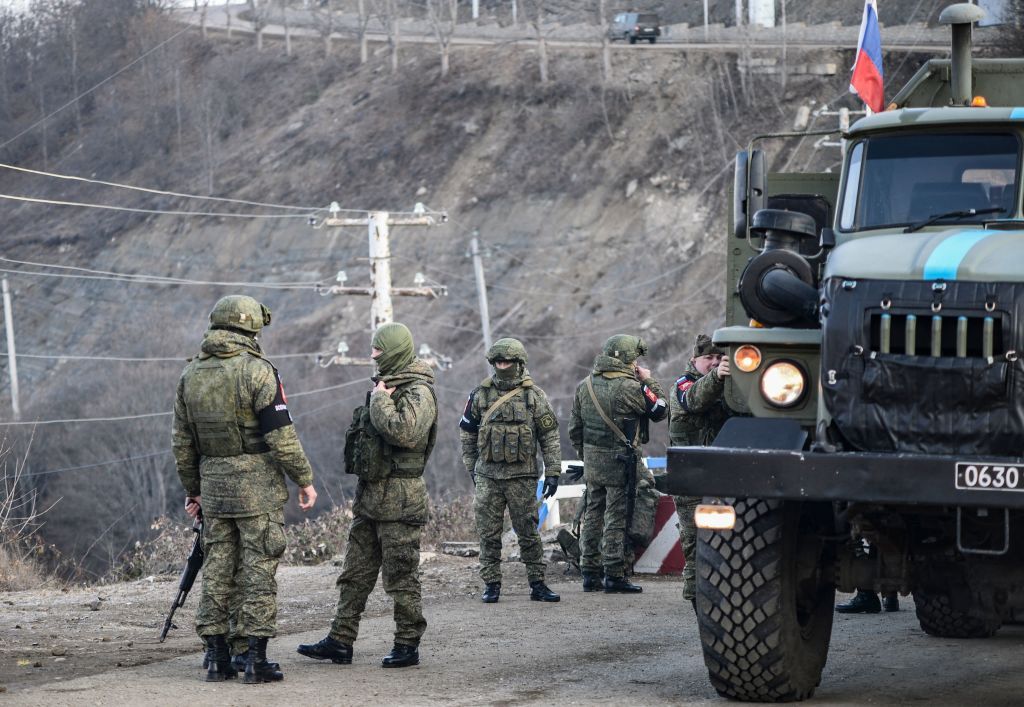Lavrov accuses Armenia of trying to ‘break off’ relations with Russia

Russian Foreign Minister Sergey Lavrov has accused Armenia of “distorting history” in an attempt to “break off” relations with Moscow, he said in an interview on March 28.
Traditionally aligned with Russia in its regional conflict against Azerbaijan, Armenia has experienced heightened tensions with Russia after the country’s "peacekeepers" didn’t prevent Azerbaijan's September 2023 offensive into Azerbaijan’s Nagorno-Karabakh region.
Armenia’s Prime Minister Nikol Pashinyan said on March 12 that Armenia would leave the Russian-led Collective Security Treaty Organization (CSTO) if the military alliance fails to address Armenia's collective security concerns.
In an interview with the Moscow daily Izvestia, Lavrov said the current situation “does not inspire optimism.”
“Frankly, the Armenian leadership, under far-fetched pretexts, distorting the history of the last three or three and a half years, is deliberately leading things to the break off of relations with the Russian Federation,” Lavrov said.
Earlier this month, NATO Secretary General Jens Stoltenberg visited Armenia for the first time during his 10 years in office to discuss the situation in the South Caucasus, an event Lavrov said was an attempt by the alliance to meddle in the region.
“The goal of those who are trying to tempt the Armenian leadership to side with the West is simple – to disrupt stability in the South Caucasus and to turn it into a zone of Western domination,” he said.
“The West is doing the same in Central Asia and many other regions of our shared continent.”
The West however, has only been responding to signals from Armenia itself.
In recent months, the country has further sought to distance itself from Russia - repeatedly accusing Moscow of being an unreliable partner.
Armenia's Foreign Minister Ararat Mirzoyan revealed earlier in March that the country is considering applying for membership in the European Union, aiming to strengthen ties with the West.In January 2024, Armenia joined the International Criminal Court, becoming one of 124 countries obliged to arrest Russian President Vladimir Putin if he visits the country. The Kremlin decried the move as an "unfriendly step" and "the wrong decision."












